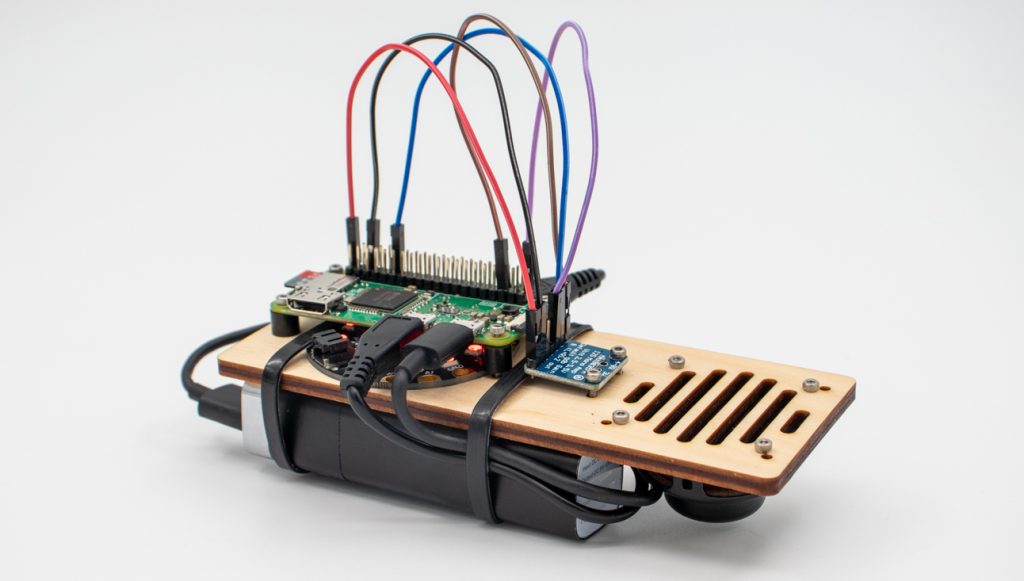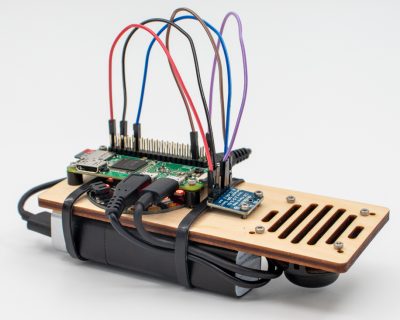In late 2019 I hosted at Griffith University a visit from visiting researcher Dr. Vesa Norilo from the Sibelius Academy in Finland. During his visit, Vesa worked with me on new tools and techniques for electronic instruments. As part of developing this work we produced the Pi-Shaker prototype which was a hand-held musical instrument based on a Raspberry Pi micro computer and using newly developed versions of physically informed modelling algorithms that simulate shaker-like percussion sounds in response to gestures captured by onboard accelerometers. This work also resulted in the publication of an article featured in the selected papers of the 2020 International Computer Music Conference titled “Pi-Shaker: A New Workflow for Augmented Instruments”.

This project explored the application of efficient digital signal processing techniques for interactive music applications across a range of devices and platforms. As a test case, we implement physically informed models of sound synthesis and sound spatialisation that can respond in real time to performative gestures. We compared the strengths and weakness of implementations in several languages, Kronos and Pure Data, and how they can be integrated to best take advantage of these differences. Below are some audio examples from the Pi-Shaker.

